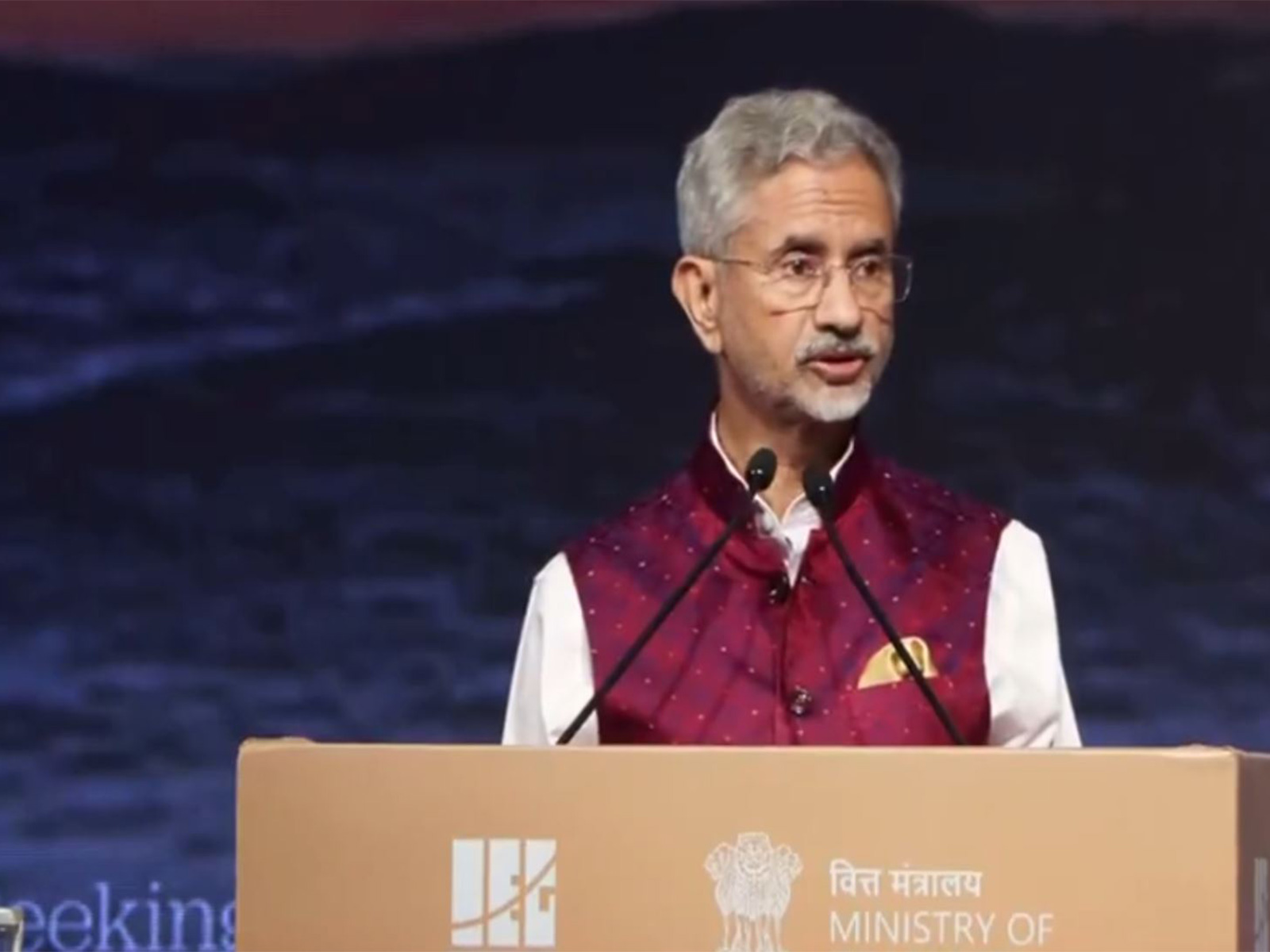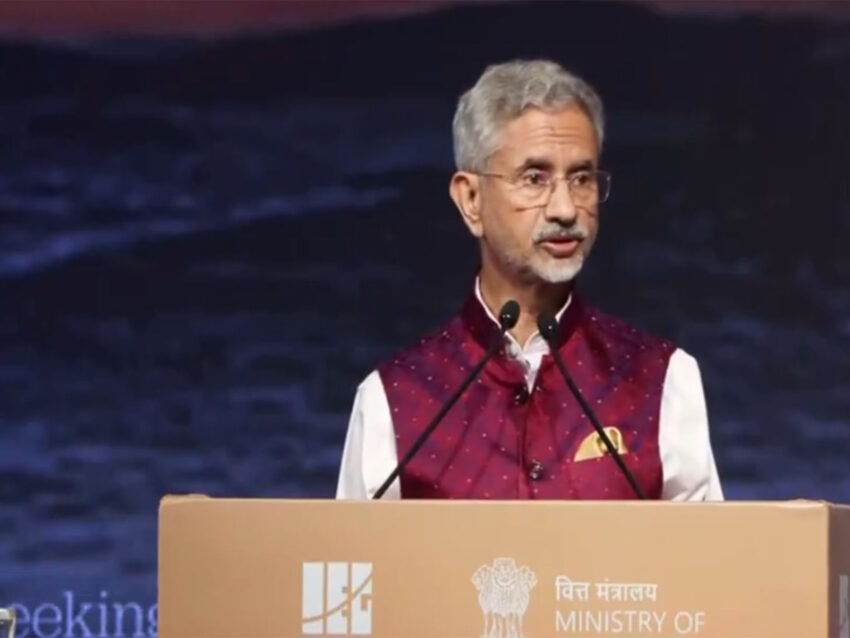
New Delhi [India], October 5 (ANI): External Affairs Minister S Jaishankar on Sunday underlined the increasing influence of US-China relations on the global political landscape and warned of a growing trend of competition and risk in international affairs.
Jaishankar made these remarks at the 4th Kautilya Economic Conclave in New Delhi today.
Focusing on the shifting dynamics between major powers, Jaishankar said, “Clearly, what we can see is that the US-China relationships in many ways are going to influence the direction of global politics.”
He described how both the United States and China are reshaping their approaches to power and partnerships in a changing world. “In the case of the United States, it is not only more assertive, but it has encouraged its national interest goals to drive its approach towards partnerships and cooperation,” he said.
On China, Jaishankar pointed to a moment of transition. “In the case of China, this change perhaps catches them at a time when many of the new concepts, mechanisms, and institutions that they were pushing are not yet in place. But clearly, what we can see is that the US-China relationships in many ways are going to influence the direction of global politics.”
He also added that, “in the case of Europe, what was a sweet spot in terms of US-Russia-China, US, US-security, Russia-energy, China-trade, has actually got turned around and every one of those aspects today, has become a challenge.”
Jaishankar noted the changing energy dynamics in the world.
“One of the big changes of the last few years has been that the United States, which for decades worried about its exposure to external energy requirements, has not only become self-sufficient, it is actually today a significant exporter of energy and has made that energy exports an important part of its strategic outlook, the external affairs minister said.
“Now, just as the US has emerged as a champion of fossil fuels, China has also established itself actually as a leader in renewables. So pretty much any path you take on renewables, finally all roads lead back there as well,” he said.
The External Affairs Minister also noted a broader shift in how major powers are operating globally. “We have also seen in a few cases, in the cases of major polities, that their belief in balance for power is probably much less,” he said. “They seem to think that they may not need the rest of the world as much as they did before. So, if they have margins of power, they are prepared to exercise those margins in pursuit of their policies and actions.”
Jaishankar cautioned that international competition is intensifying. “We have seen overall the global needle move much more towards competition,” he said. “That global needle is moving because there is today a tendency to weaponise almost everything, and that if a State has a tool in its toolkit, there is much less reticence, particularly on the part of major powers to use that.”
Speaking on the state of the global economy and international political risk, Jaishankar described what he called a paradoxical environment. “The intensity of multiple happenings, actually converging on the global economy at the same time, is today setting into motion a paradoxical situation where, on one hand, the very factors that are referred to encourage higher-risk taking,” he said.
“At the same time, because of the consequences of this, there is a serious effort also to de-risk every facet of both politics and economics,”* he continued. “It is almost like you are raising the height of the trapeze and removing the safety net with each passing day. That is the state of the international polity today.” (ANI)


